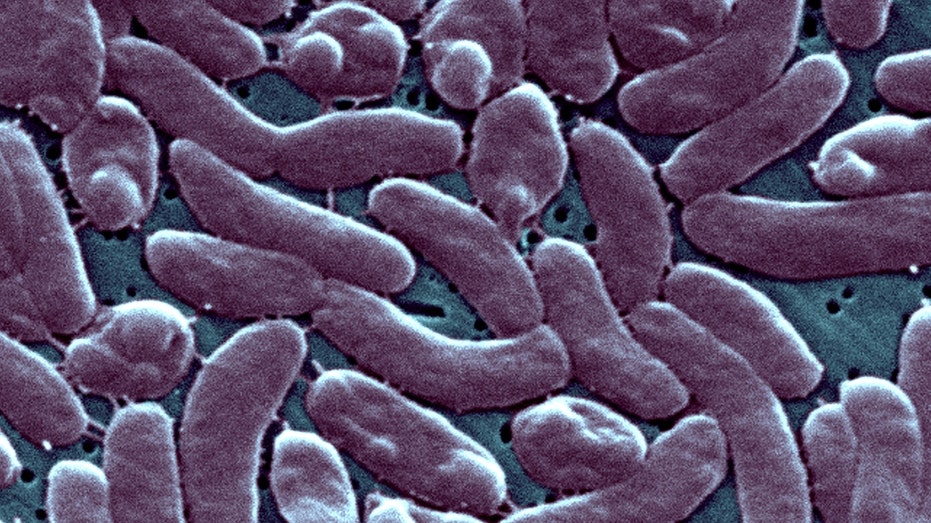After 3 people died in New York and Connecticut from flesh-eating germs, the New York State Department issues advice.
The New York State Department and Gov. Kathy Hochul released guidelines about a rare and dangerous bacteria that has killed one person in New York and two in Connecticut.

The New York State Health Department issued instructions to citizens on how to recognise a flesh-eating bacterium that has killed one New Yorker and two residents of Connecticut over the summer.
According to the state Department of Public Health, three people have been identified as having contracted the Vibrio vulnificus bacteria.
According to health officials, vibriosis is a rare but possibly lethal bacterial illness that can cause skin disintegration and sores in raw shellfish or seawater.
Gov. Kathy Hochul referred to the flesh-eating disease as "extraordinarily dangerous," urging her constituents to take preventative measures.
"While rare, the vibrio bacterium has unfortunately made it to this region and can be extraordinarily dangerous," Hochul said in a press release. "As we investigate further, it is critical that all New Yorkers stay vigilant and take responsible precautions to keep themselves and their loved ones safe, including protecting open wounds from seawater and for those with compromised immune systems, avoiding raw or undercooked shellfish which may carry the bacteria."
Hochul said that Vibriosis is caused by several species of bacteria, including the Vibrio vulnificus bacteria, which occurs naturally in saltwater coastal environments.
She noted that the potentially deadly bacteria is found in higher concentrations from May to October, when the weather is warmer.
Symptoms include diarrhea, stomach cramps, vomiting, fever and chills. Exposure can also result in ear infections and cause sepsis and life-threatening wound infections.
The person in New York who died from Vibrio was in Suffolk County. Hochul said that the death is still being investigated to determine if the bacteria were encountered in New York waters or elsewhere.
New York State Department of Health cautioned that individuals liver disease, cancer or a weakened immune system or people taking medicine to decrease stomach acid levels may be more likely to get an infection or develop complications when infected.
To help prevent vibriosis, people with a cut or scrape or a recent piercing or tattoo should avoid exposing skin to warm seawater in coastal environments or cover the wound with a waterproof bandage.
In addition, the health department cautioned those with compromised immune systems to avoid eating raw or undercooked shellfish, such as oysters, which can carry the bacteria. Wear gloves when handling raw shellfish and thoroughly wash your hands with soap and water when finished.






















